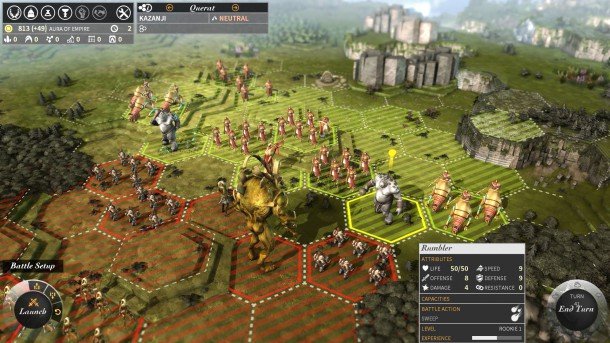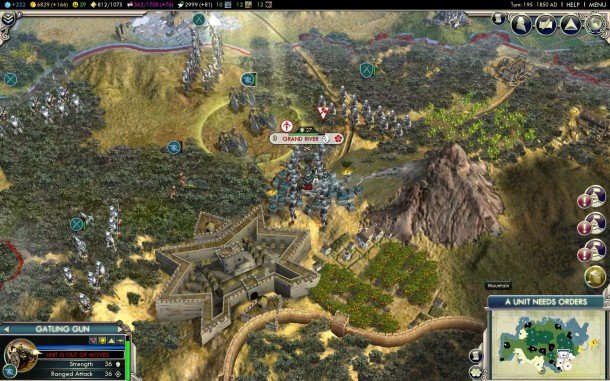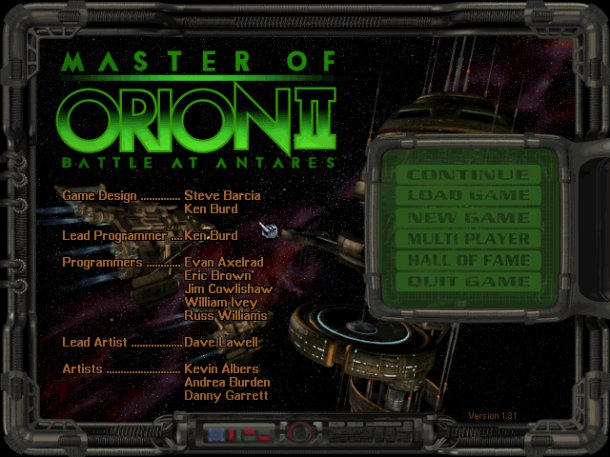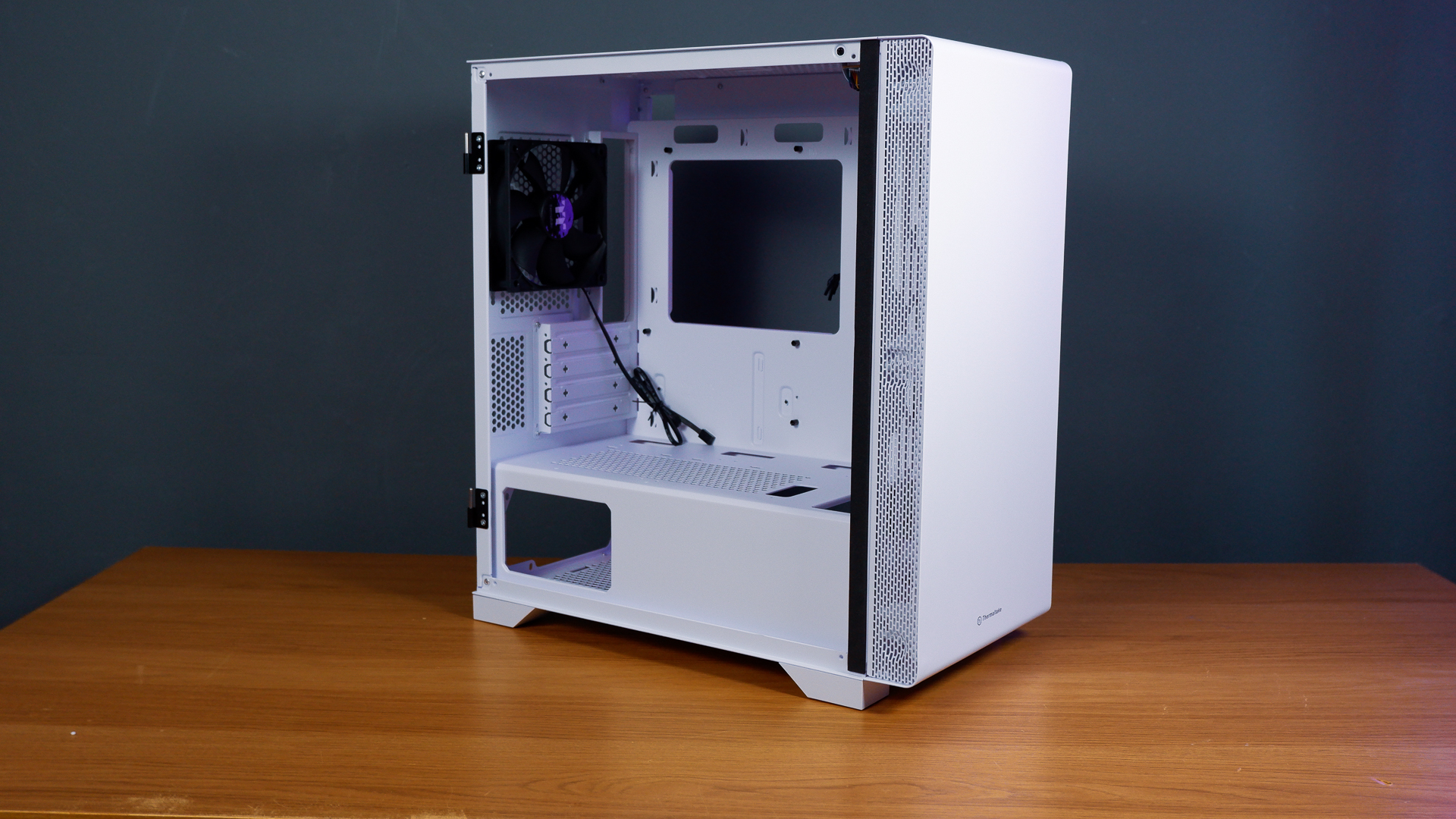Interview: Endless Space and StarDrive developers talk about 4X design

PCG: Let me change topics and ask a super broad question. Why do you love 4X games?
Dan: It taps into that industrious drive in all of us. You look at a game like Minecraft. Why is that so wildly successful? It's because of that human drive to build and to see a reward from our effort.
I think 4X games, set in space, let you be industrious. You can build your empire from nothing and see it grow into this technological powerhouse. Then there's also… It lets you live your space fantasies. I watch all these science fiction shows—Star Trek, Battlestar Galactica—and think, yeah, I'd love to command that battleship. For me, that's the appeal. It's the growth, and then the fantasy of living it out.
Romain: For me, there are two things I love. I love to be able to play a game the way I want to. I want a sandbox. I love that I have some toys to play with. And I love strategy.
For me, when you mix strategy with open gameplay and the toys you have to put together to make your own game, that's where you come to 4X. I think 4X is a representation of those two concepts meeting together. I'm not a big fan of games that are scripted for me. I know that some people love that, to have levels and build up this set of skills to go on to the next level. That's not my cup of tea. I rarely play those kinds of games.
But with the sandbox… It goes back to what we were saying. It's something that fits your imagination. It's building stuff. I have toys. What do I do with them? I can create my own story and put them here and there the way I want to and it all becomes mine.
Dan: I really love to see the after-action reports that players write. They have these elaborate fantasies where they create characters that are driving their ships. You can see their imaginations just going at it.
Keep up to date with the most important stories and the best deals, as picked by the PC Gamer team.
Romain: Exactly. We re-used some of that. We're feeding some of people's stories back into the game. We love that so much.
PCG: What's your favorite 4X game?
Dan: It's a cliché to say Master of Orion II, but… Let's divide it up. I have space 4X and other.

PC: Yeah, you specifically mentioned space 4X a minute ago. Do you like Rome and Civ and stuff, but just space you like more?
Dan: I feel like it's almost its own genre. It's totally different to me. The basic concepts of building an empire are the same, but I'm living different fantasies. It's almost like saying, what's your favorite, an apple or a pear or an orange? It depends on what mood I'm in. Sometimes Civilization is just the best 4X game, but that's because I want to pretend I'm Hannibal and march my elephants to Rome.
PCG: Not Gandhi?
Dan: [Laughs] Yeah. But then sometimes I want to feel like Admiral Adama, and in that case, playing some Master of Orion II and launching fighters from my carrier, that's the fantasy I want to live. Sometimes I want to be a wizard, so I could play Fallen Enchantress. It's hard for me to pick a favorite. They're all different flavors.
PCG: What stands out about Master of Orion II, if you were going to choose that as top tier?
Dan: The economy and the strategy layer is very well-balanced. It's compelling throughout. There's this menace, the Antarans, who are attacking to provide pressure on you. I like how you get to design your own ships and bring them to battle. That was a big draw. That obviously was a heavy influence on StarDrive's ship design. I just think it's a well-executed concept. It basically hasn't been topped.
PCG: And when did Master of Orion II come out?
Dan: It must have been…1992? (1996, actually! - ed.) I think a lot of us are chasing that dragon a little bit with our space 4X games.
PCG: What about you, [Romain]? Can you name a favorite?
Romain: For me, actually, I would say… I've only liked games in the areas of space and history. I don't think I've found any good ones in the fantasy area. I hope to fix that someday. But that's a difficult one.
I love Master of Orion II, for the space one. Again, it's a game that we kind of idealized for a time. It was awesome when it came out, and for a very long time, I don't think there was anything that came close to it. Although Civilization II was a very good game. When you play the games we do now in space and compare them with Master of Orion II, you find a lot of stuff in Master of Orion II that might not be as good anymore.
For me, I always hated the end of Master of Orion II. I was playing a lot of multiplayer with my friends back at the time, and we were all playing on our own sides. For a few hours we'd keep on going, not saying a word, just playing and playing. At the end, okay, guys, we have to go to bed, so let's all meet here and have the big fight. The best fleet won, and there was no way to recover from that.

Dan: I think it's actually really hard to end a 4X game. It's been a big design challenge for me. You've designed several now. What do you think about that?
Romain: No, I agree with you. It goes back to what we were saying earlier. When you develop these games, you work a lot on the mechanics, and you test a lot of the beginning—the first two, three, four hours of the game. That might only be about a third of the game. If you play a lot of these games, that first third, it's always very good, but even in something like Civilization, after that first third, you wind up with too many things to handle. There's not enough new mechanics coming in.
Dan : The Master of Orion II formula, which is something I'm going to bring to StarDrive as well, has that external pressure. At a point in the game, the game decides it's going to wrap things up, and you ramp up that external pressure. Invasions from aliens. Maybe you're doing the winter thing with Endless Legend. That might be a good way to do it.
Romain: I think that's a good way. But in the end… To me, the only way is to do that early access and get more feedback on the last two-thirds of the game that you don't personally have time to work on enough. It would be great to have more of a tracking system for that. We're too small to have a great tracking system today. But I hope one day to be able to better track how people play the rest of the game—to see when they quit, how they quit, why they do that. For me, also, what I'm trying to do is ration out a lot of the new gameplay elements, to see where we can add a new way to play the game, and try to make sure we don't add all of those at the beginning of the game. I want to spread those throughout the game.
Dan: Paradigm shifters, right? Things that change the way you look at the game.
Romain: Yeah. I'm working on that at the moment. I'm not saying that's going to save it, but… I hope we'll bring some new answers. For me, I hope a mix of community feedback and these paradigm shifts will do it.

Wes has been covering games and hardware for more than 10 years, first at tech sites like The Wirecutter and Tested before joining the PC Gamer team in 2014. Wes plays a little bit of everything, but he'll always jump at the chance to cover emulation and Japanese games.
When he's not obsessively optimizing and re-optimizing a tangle of conveyor belts in Satisfactory (it's really becoming a problem), he's probably playing a 20-year-old Final Fantasy or some opaque ASCII roguelike. With a focus on writing and editing features, he seeks out personal stories and in-depth histories from the corners of PC gaming and its niche communities. 50% pizza by volume (deep dish, to be specific).

